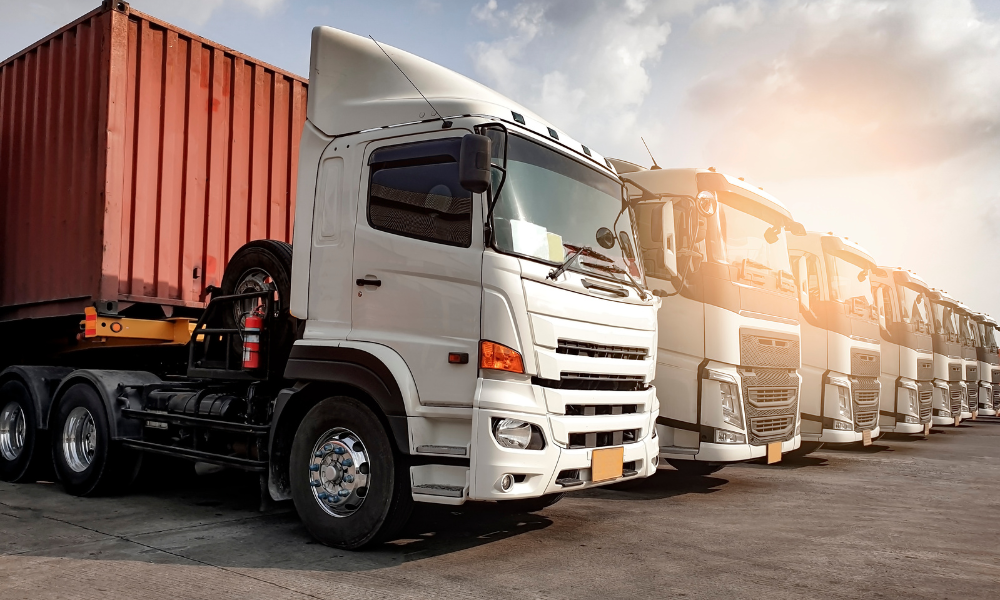Oil and gas activities in Canada are a shared jurisdiction between the federal and provincial governments.
The federal government regulates the international and inter-provincial aspects of oil and gas, along with the other sources of energy. It also manages the oil and gas activities in Nunavut, in some parts of Northwest Territories, and in certain offshore areas.
Recent Articles
The provincial governments control the development of oil and gas activities in their jurisdictions, such as the management and development of oil and gas found in their area. These provinces have also enacted laws to establish their own regulatory bodies for the energy sector, which may also be shared by other provincial agencies regulating other sectors, such as the environment, labour, and transportation.
What is the Canada Oil and Gas Operations Act?
The main federal legislations governing oil and gas activities is the Canada Oil and Gas Operations Act (COGOA). It aims to:
- promote the safety of the industrial workers and the public
- protect the environment and Canada’s other natural resources
- hold accountable polluting violators
- conserve Canada’s oil and gas resources (Section 2.1)
There are other federal laws which regulate other aspects of oil and gas activities, such as the Canadian Energy Regulator Act (CER Act), and the Canada Petroleum Resources Act (CPRA).
Oil and gas companies should look at and comply with other environmental laws, depending on the nature of the project. There’s the Environmental Protection and Enhancement Act, the Water Act, and the Public Lands Act, among others.
Learn more about air pollution regulation in Canada, and how it is implemented from the federal down to the municipal levels.
COGOA Scope and Application
The COGOA regulates oil and gas activities in Canada by overseeing their exploration, drilling, production, processing, transportation, and conservation. It has scope over these areas:
- land or areas controlled or regulated by the federal government
- marine areas, such as the territorial sea and the continental shelf
- submarine areas that are not within a province in the internal waters of Canada (Section 3)
However, the COGOA does not apply to areas controlled by the provincial government. These areas are covered by the provincial laws on oil and gas and by their respective regulating authorities.
The COGOA also has its counterpart law in Canadian provinces, which for some are similarly called the Oil and Gas Operations Act.
The COGOA is implemented by the Canadian Energy Regulator (CER).
Licences and Authorizations: how do they work?
The COGOA regulates the issuance of operating licences and authorizations (Section 4) before any oil and gas activity may be done in the areas governed by the COGOA.
A licence is needed for a company or corporation to operate within the areas governed by COGOA.
An authorization, on the other hand, is the permit to conduct the work or activity proposed to be carried in that area (Section 5), such as the construction and/or operation of an oil or gas pipeline.
The COGOA provides for the requirements to acquire a licence, which will be determined by the CER through its regulations.
To apply for authorization, the usual CER regulations apply and may include additional requirements covering:
- the liability for any loss, damage, costs, or expenses
- the carrying out of environmental programs or studies
- the payment of expenses which may be incurred by CER in approving the authorization
In addition, the provisions of the CER Act on licences and authorizations may apply with regards to the regulations that may be released by the CER.
If the project is within the term of a “designated project” which requires a prior Impact Assessment, the Minister of the Environment may then issue a Decision Statement. This may impose additional requirements to the applicant of an authorization.
The CER may also suspend or revoke an operating licence or authorization when an applicant or a holder fails to comply with, contravenes, or defaults in any requirement of the licence or authorization, fees or payable charges, or of any other regulations by the CER.
Traffic, Tolls and Tariffs
The COGOA also governs the tolls and tariffs of oil and gas activities of any licence or authorization holder.
The Act states that tolls may only be charged by such holder as specified in a tariff filed before the CER, or a tariff approved through an order of the CER (Section 13.03). A tariff may also be disallowed (Section 13.08) or suspended (Section 13.09) by the CER if it violates any of the provisions of the COGOA or an order by the CER.
Oil and Gas Committee
Any order by the CER may be appealed with the Oil and Gas Committee (Section 6). The Committee generally has the power to hold an inquiry, conduct a hearing, and to decide an appeal. This makes the Committee act in a quasi-judicial manner, as granted by the COGOA.
The orders and decisions made by the Committee are final and conclusive (Section 49). However, an appeal may be made to the Federal Court purely on questions of law, but only with leave (permission) of the Federal Court (Section 52).
EMBED: <iframe width="560" height="315" src="https://www.youtube.com/embed/S49w15CjEm4?start=11" title="YouTube video player" frameborder="0" allow="accelerometer; autoplay; clipboard-write; encrypted-media; gyroscope; picture-in-picture; web-share" allowfullscreen></iframe>
These provisions of the COGOA must also be read together with the provisions of the CER Act, specifically its provisions governing pipelines (Part 3, CER Act).
Who regulates the oil and gas industry in Canada?
After Bill C-69 received royal assent on June 20, 2019, the National Energy Board Act was replaced by the Canadian Energy Regulator (CER).
All powers, duties, responsibilities, scope, and the composition of the CER are outlined in the CER Act.
In addition to the CER Act, the CER also implements the COGOA, and the CPRA, along with the regulations promulgated to implement these Acts.
Want to learn more about the Canada Oil and Gas Operations Act (COGOA) or the other laws on oil and gas operations? Talk with the best Lexpert-ranked oil and gas energy lawyers in Canada in the field of oil and gas law.





